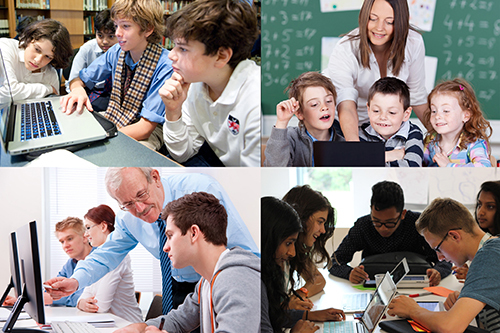
Notre monde est interconnecté. Nous ne vivons plus dans des communautés isolées. Plus que jamais, nous faisons partie d’une communauté mondiale. Les innovations en matière de médias sociaux rend cette connectivité plus facile avec chaque jour qui passe sont également utilisés pour améliorer l'apprentissage.
Notre Maître Bloggers mondial sont des pionniers et des innovateurs dans des domaines tels que l'intégration de la technologie, mathématiques entraîneur, besoins éducatifs spéciaux, l'enseignement des sciences, et de l'équité entre les sexes. Ils ont fondé des écoles, programmes écrits, et les salles de classe led 13 différents pays qui étendent à travers tous les continents peuplés sur terre. Ces enseignants habilitent et enrichissent la vie des jeunes de presque tous les milieux imaginables.
Aujourd'hui, dans La recherche globale pour l'éducation, notre Top Global Teacher Les blogueurs partagent leurs réponses à la question de ce mois-ci: Quels sont les meilleurs exemples que vous avez vu des enseignants en utilisant les médias sociaux pour améliorer l'apprentissage?
Maarit Rossi (@pathstomath) from Finland says her school has partnered with the YLE’s (Finnish Broadcasting Company) News Class. It’s all part of a media education project in which students learn about journalism “under the guidance of professional journalists.” Maarit explains it’s a win-win situation for all. Teachers are able to have access to great resources and students get real world media experience. As for YLE, they “get a new dimension to their operations, the young people’s perspective of the world’s phenomena.” En Savoir Plus.
Vos élèves sont déjà pris dans les médias sociaux – alors comment voulez-vous concurrencer pour attirer leur attention? Vous ne faites pas – il suffit de trouver les y! Elisa Guerra (@ElisaGuerraCruz) from Mexico does just that. One of her amazing projects: she teamed up with a music teacher in New York and many adventures later, live concerts were held miles from each other. Skype, FaceTime and LiveStream all played a role. “Our Concert was far from perfect, but our audiences exploded in applause….” En Savoir Plus.
Referred by Todd Finley (finleyt) is Gerard Dawson (@GerardDawson3) from New Jersey who highlights the ways Twitter can be used to build a culture of reading among teachers and staff as well as among students. One example: his school librarian Amy gave each teacher a sign for their doors on which to post the book they were currently reading along with the unique hashtag: #HHSReads. The hashtag has become a place for teachers to share and discuss their books. Twitter can also be used by students to share and recommend books. En Savoir Plus.
Dana NARVAISA (@dana_narvaisa) recommends the perspectives of Oskars Kaulens (@Oskars_Kaulens) who discusses the benefits of blogging. Blogging motivates students to share their opinions on various topics. Blogs help develop writing skills and create online discussion. “They learn to be polite and be responsible for what they write online. My students have created culture diaries (online blogs) to write short references on cultural events they have attended.” En Savoir Plus.
Global Poetry Unites is all over Twitter right now for National Poetry Month, and Vicki Davis (coolcatteacher) de Camilla, Georgia points out “…classrooms are participating from everywhere! Just look at the hashtag #ClrPoem on Twitter and you’ll see lots of kids involved in the current challenge to write a poem using the color red.” Check this out plus 9 other cool things Vicki has seen educators doing. En Savoir Plus.
Warren Sparrow’s (@wsparrowsa) school in South Africa has produced a learning platform for all students, which allows them to create their own social media accounts that the school can monitor, and to administer rights to the various learners. Students have the option to use either Google Apps for Education or Microsoft Office 365. They have managed to use a single sign-on so that “the students do not have to worry about logging onto the one account and then having to log into a different account to change platforms.” En Savoir Plus.
Miriam Mason-Sesay (@EducAidSL) based in Sierra Leone reminds us that not all schools around the world have the good fortune to be able to use social media in a classroom setting yet. “With so many schools both in urban and rural settings lacking even the most basic amenities: toilets, blackboards, enough exercise books etc., the means to get online and participate in the global conversation about anything is well out of reach of even the most committed educators.” So what did EducAid’s teachers do during the Ebola crisis to engage youngsters with their education while schools were shut? En Savoir Plus.
Rashmi Kathuria (@rashkath), hailing from India, talks about the benefits of using closed Facebook groups to enhance learning. Students and teachers are able to “share important questions, post assignments, create discussions and share useful weblinks for learning a particular subject. Chaque année, I create a closed group with my students for doing the same.” En Savoir Plus.
Blogger at Large Beth Holland (brholland) recommends we check out Meghan Zigmond’s (@MeghanZigmond) blog. And Zigmond really likes Pernille Ripp’s Global Read Aloud which connects classes through social media. “When a class participates they are invited to read books on a schedule, tweet their thinking, and even participate in chats on Twitter. Designated hashtags are an amazing way to facilitate this. Check out last year’s tag of #GRAAmy to see examples”. En Savoir Plus.
Craig Kemp (mrkempnz) highlights the value of Ed-Chats. Teachers are becoming more and more engaged in online chats through Social Media tools such as Twitter. During these online chat sessions, educators from all over the world can come together to discuss a topic, sharing resources, articles, links etc. “This learning gets transferred directly into their learning environments and spread to improve student learning opportunities.” En Savoir Plus.
Nadia Lopez (@TheLopezEffect) shares the story of Julia DeCoteau, a 7th grade teacher at Mott Hall Bridges Academy who used social media to execute a non-fiction unit of study based on the book Je suis Malala. The book tells the story of Malala, the remarkable young woman who was nearly killed because she advocated for girls to have access to education in areas like Pakistan. Ms. DeCoteau believed her students would be able to empathize with Malala’s story “because of their own experiences with daily violence and lack of equity that exist in a poor community such as Brownsville, Brooklyn.” Just prior to beginning the unit, loss of funding impacted the purchasing of the Malala books and it was at this point that social media became an essential tool. En Savoir Plus.
Le Global Teacher Bloggers Top est une série mensuelle où les éducateurs à travers l'offre de globe expérimentés mais unique prend sur des sujets les plus importants d'aujourd'hui. CMRubinWorld utilise la plate-forme pour propager les voix des personnes les plus indispensables de nos établissements d'enseignement, enseignants.
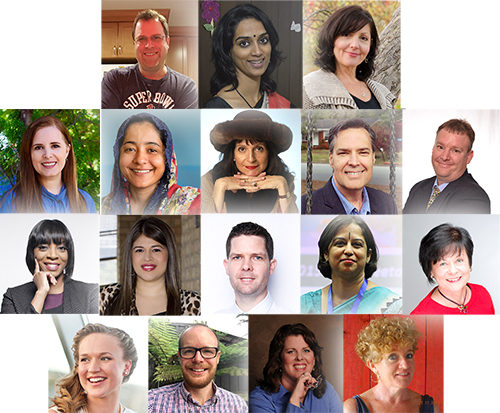
Warren Sparrow
Rashmi Kathuria, Maarit Rossi
(Toutes les photos sont une gracieuseté de CMRubinWorld)
Rejoignez-moi et leaders d'opinion de renommée mondiale dont Sir Michael Barber (Royaume-Uni), Dr. Michael Bloquer (États-Unis), Dr. Leon Botstein (États-Unis), Professeur Clay Christensen (États-Unis), Dr. Linda Darling-Hammond (États-Unis), Dr. MadhavChavan (Inde), Le professeur Michael Fullan (Canada), Professeur Howard Gardner (États-Unis), Professeur Andy Hargreaves (États-Unis), Professeur Yvonne Hellman (Pays-Bas), Professeur Kristin Helstad (Norvège), Jean Hendrickson (États-Unis), Professeur Rose Hipkins (Nouvelle-Zélande), Professeur Cornelia Hoogland (Canada), Honorable Jeff Johnson (Canada), Mme. Chantal Kaufmann (Belgique), Dr. EijaKauppinen (Finlande), Le secrétaire d'Etat TapioKosunen (Finlande), Professor Dominique Lafontaine (Belgique), Professeur Hugh Lauder (Royaume-Uni), Seigneur Ken Macdonald (Royaume-Uni), Professeur Geoff Masters (Australie), Professeur Barry McGaw (Australie), Shiv Nadar (Inde), Professeur R. Natarajan (Inde), Dr. PAK NG (Singapour), Dr. Denise Pape (États-Unis), Sridhar Rajagopalan (Inde), Dr. Diane Ravitch (États-Unis), Richard Wilson Riley (États-Unis), Sir Ken Robinson (Royaume-Uni), Professeur Pasi Sahlberg (Finlande), Professeur Manabu Sato (Japon), Andreas Schleicher (PISA, OCDE), Dr. Anthony Seldon (Royaume-Uni), Dr. David Shaffer (États-Unis), Dr. Kirsten immersive, (Norvège), Chancelier Stephen Spahn (États-Unis), Yves Thézé (LyceeFrancais États-Unis), Professeur Charles Ungerleider (Canada), Professeur Tony Wagner (États-Unis), Sir David Watson (Royaume-Uni), Professeur Dylan Wiliam (Royaume-Uni), Dr. Mark Wormald (Royaume-Uni), Professeur Theo Wubbels (Pays-Bas), Professeur Michael Young (Royaume-Uni), et le professeur Zhang Minxuan (Chine) alors qu'ils explorent les grandes questions d'éducation de l'image que toutes les nations doivent faire face aujourd'hui.
La recherche globale pour l'éducation communautaire page
C. M. Rubin est l'auteur de deux séries en ligne largement lecture pour lequel elle a reçu une 2011 Upton Sinclair prix, “La recherche globale pour l'éducation” et “Comment allons-nous savoir?” Elle est également l'auteur de trois livres à succès, Y compris The Real Alice au pays des merveilles, est l'éditeur de CMRubinWorld, et est une fondation perturbateurs Fellow.
Suivez C. M. Rubin sur Twitter: www.twitter.com/@cmrubinworld


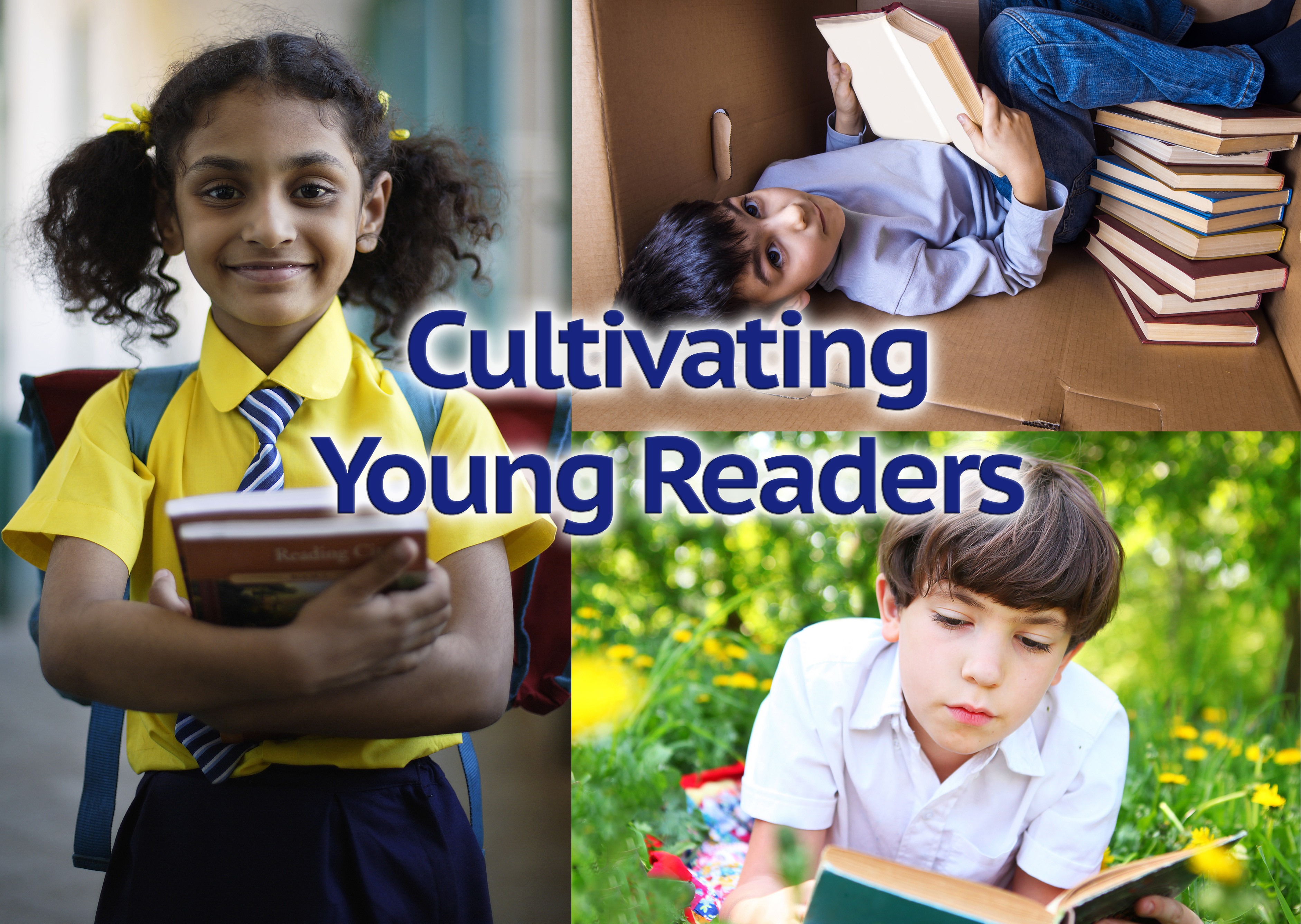

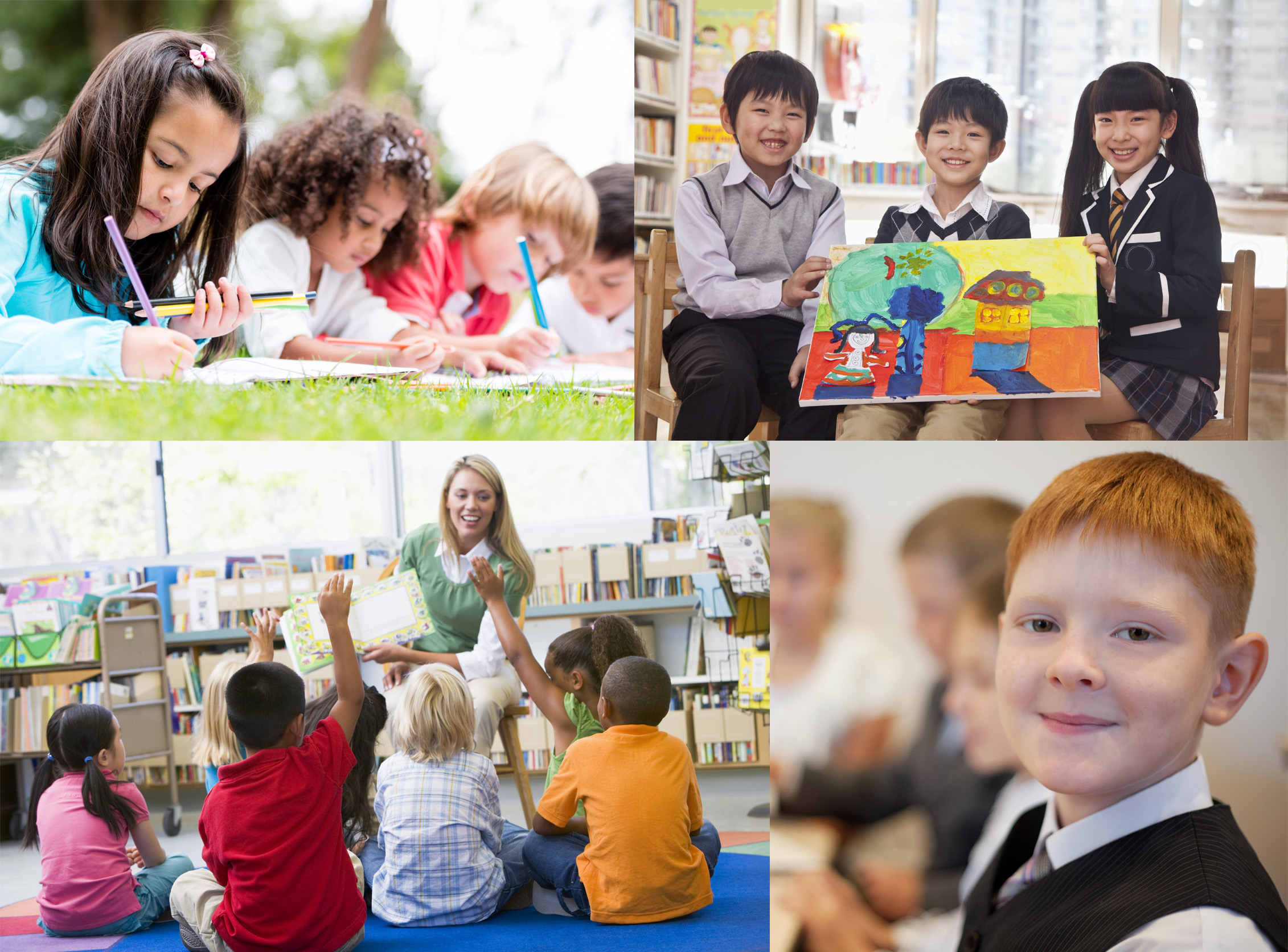
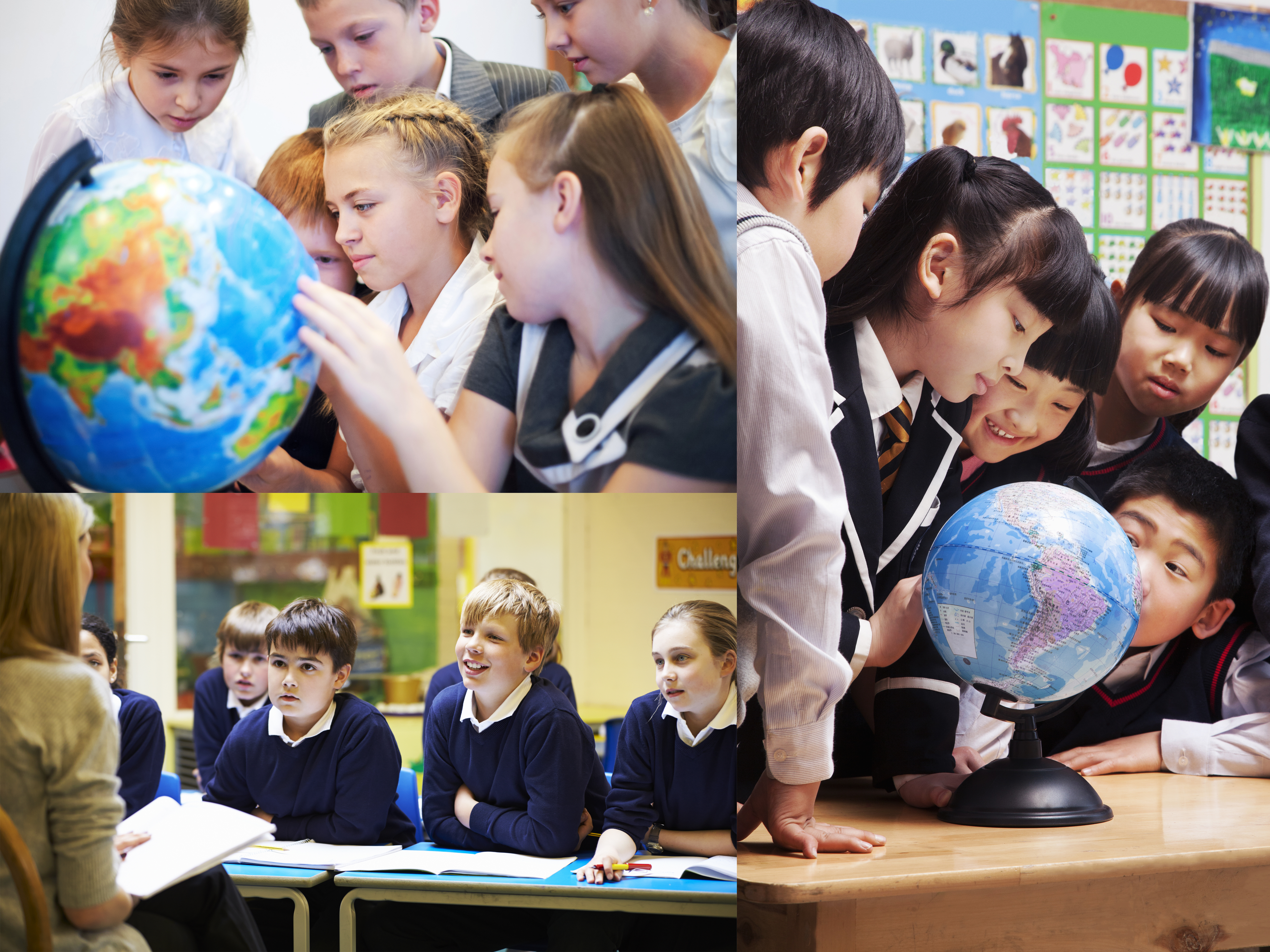
Commentaires récents